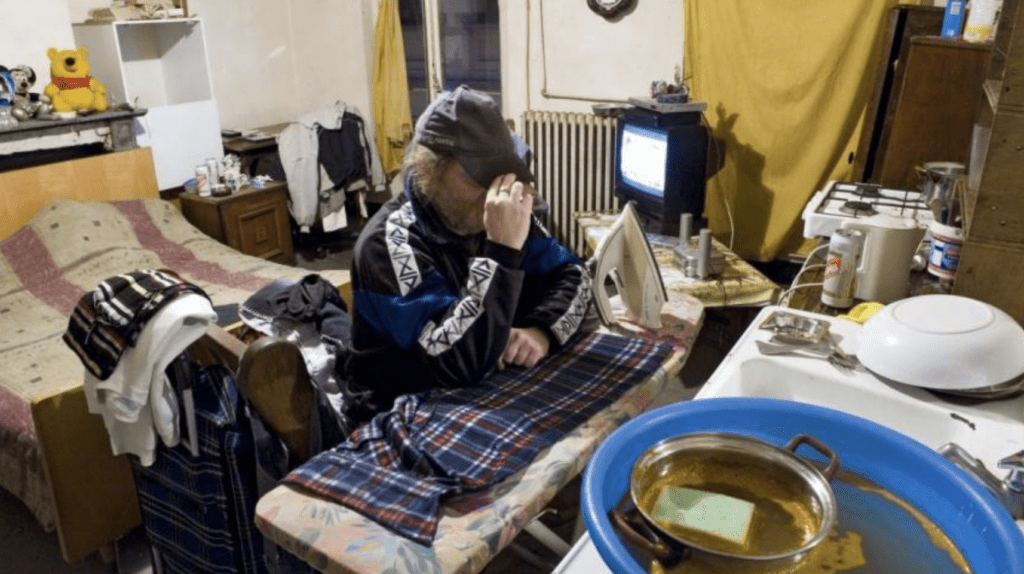The general "financial health" of ordinary Belgian families has been underlined as cause for considerable concern by a study conducted by consultancy company Deloitte. Working in cooperation with researchers from the University of Ghent and Argenta bank, results show that more than a quarter of families (28%) are in poor financial health.
For these households, making ends meet is a daily challenge. Another 36% of Belgian households surveyed were “financially fragile” and only had limited savings to face future obstacles.
"We're not talking about a few isolated cases. This is a major problem,” commented Kasper Peters, Financial Services Industry Leader at Deloitte. Researchers interviewed 4,000 Belgians about their personal finances across the country.
Deloitte is keen to highlight the difference between poor financial health and poverty: "People with an income of €3,000 can also be financially fragile if they feel they have no control over their financial situation." They propose a holistic solution to improving financial health.
“Financial health involves the balance of six underlying areas: income, expenditure, savings, borrowing, planning, and skills. Financial health is when a person feels they can comfortably meet their current financial needs and obligations, and be able to build the financial security to pursue their life goals,” Deloitte explained.
Related News
- Belgium in Brief: State bonds lure investors with 11-year interest high
- Shared finances: Survey reveals differences between men and women
It is principally in the area of planning where Belgian households can improve. Almost half of Belgian families don't plan more than a month ahead. Over one-third don't make financial plans for their family’s future.
Deloitte is calling on banks, employers, schools, and other non-profits to help foster a culture of financial sustainability, as well as to improve the finances of Belgian citizens.

